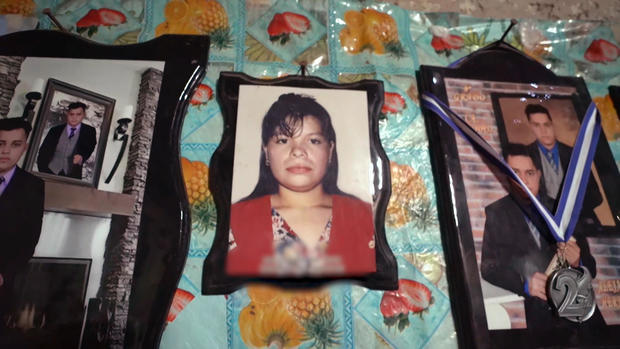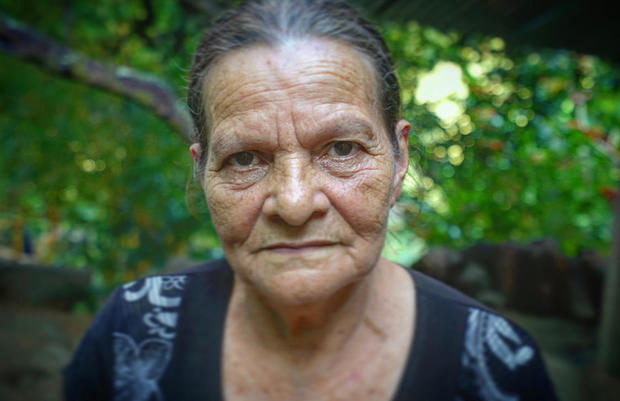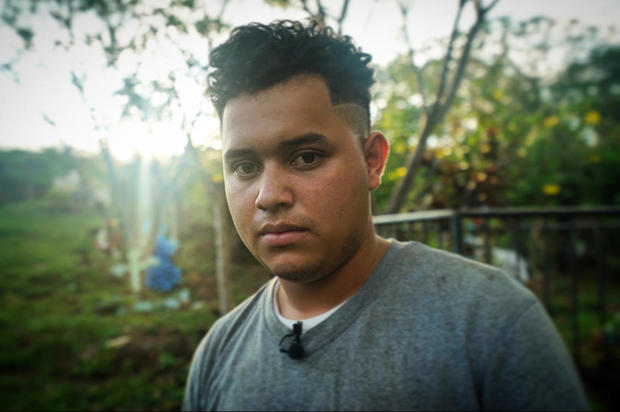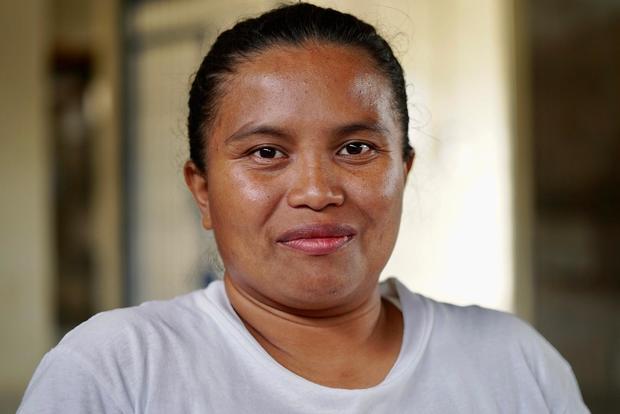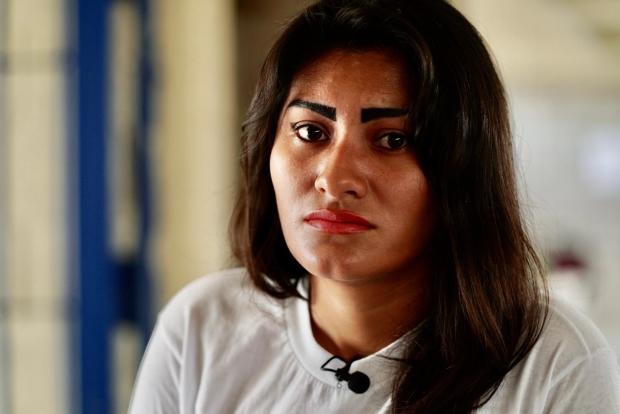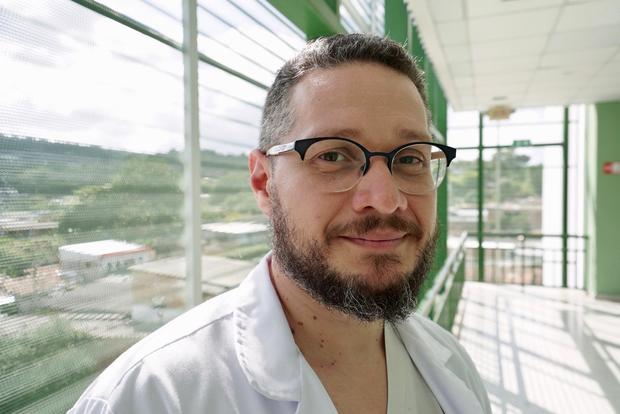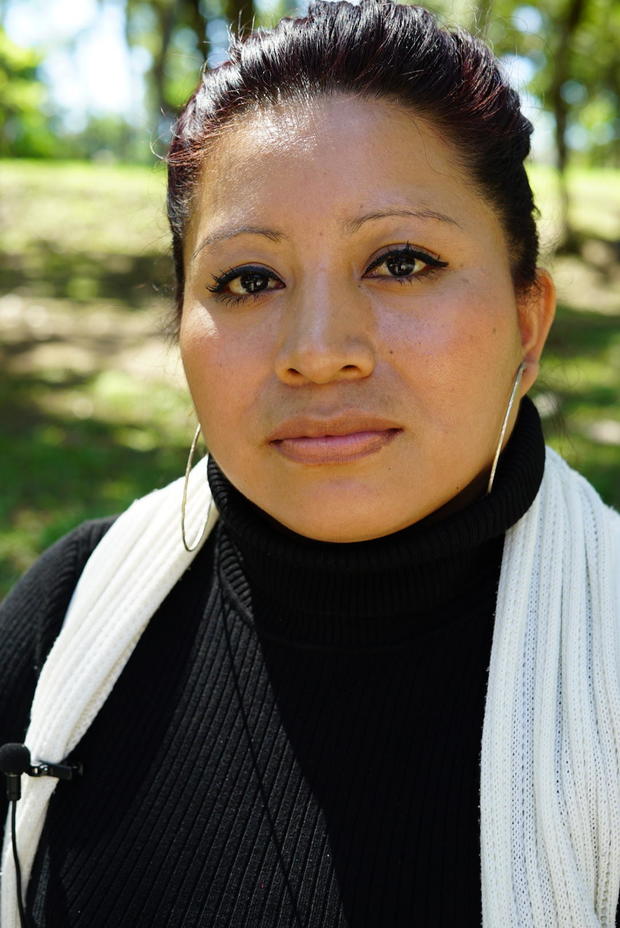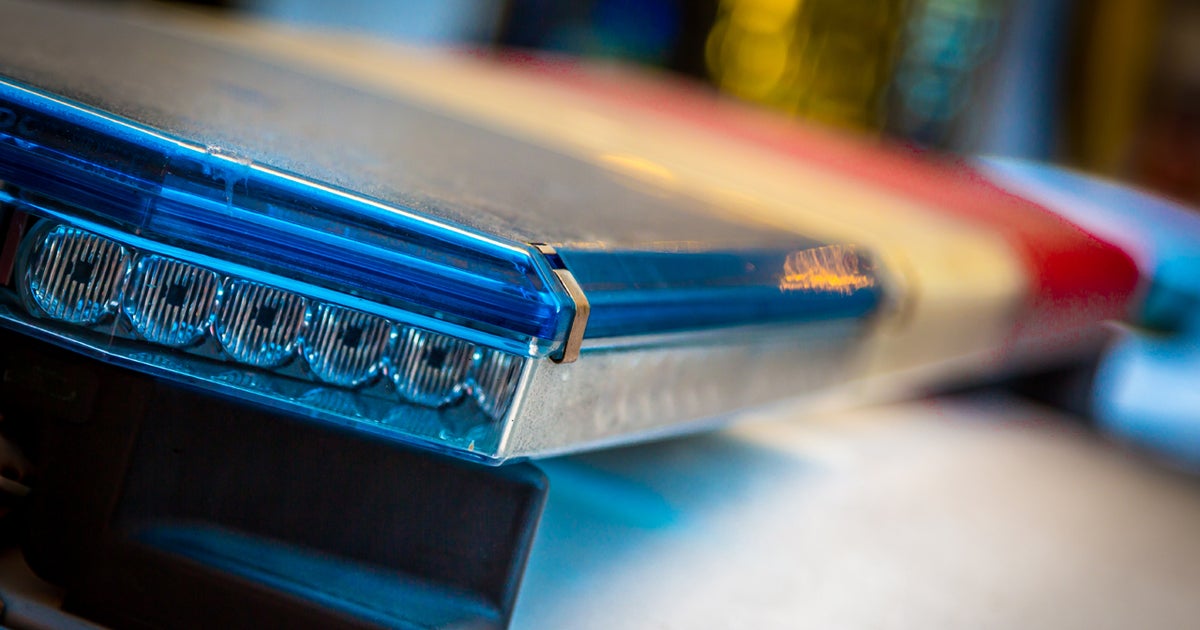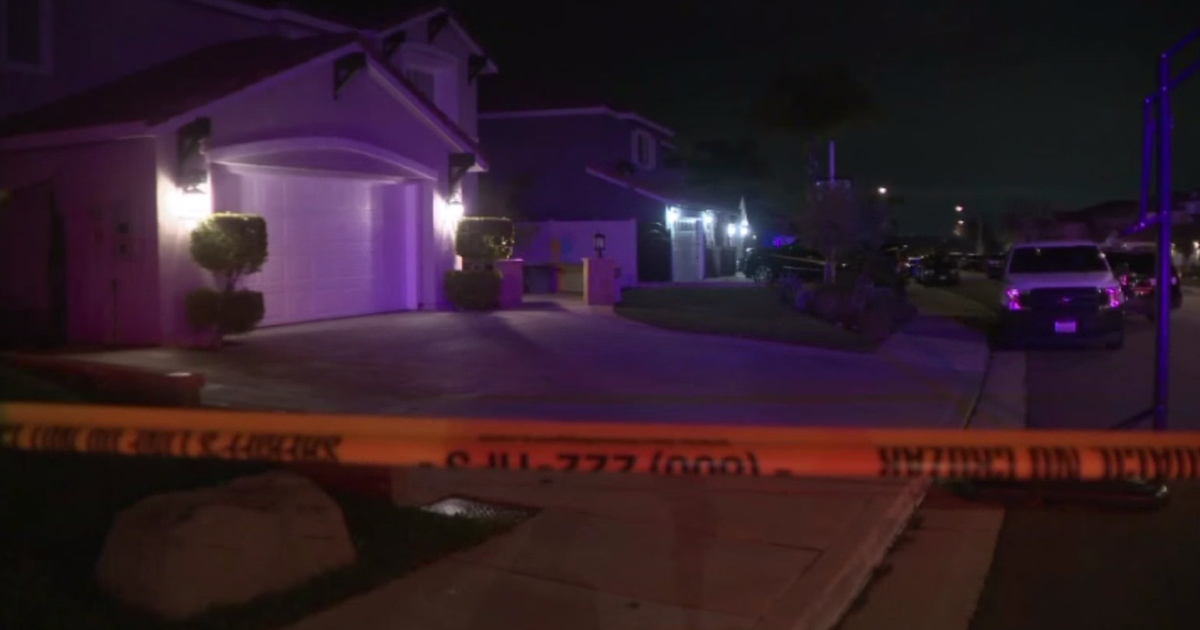"They don't know our reality": Lives impacted by El Salvador's abortion ban
Watch the CBS News Digital documentary "Jailed for Abortion in El Salvador" in the video player above.
Abortion has been banned in El Salvador since 1998, and more than 140 women accused of terminating their pregnancy have been jailed — with sentences of up to 35 years. Many of the women say they were wrongfully convicted after suffering a miscarriage. CBS News reporter Kate Smith traveled to El Salvador with producers Gilad Thaler and Alex Pena to investigate.
Three hours outside of San Salvador, down a rocky path, lies a modest house with a tin roof. The floors are bare, and the only adornments on the walls are a few framed photographs.
"That's my daughter. That's her. That's Manuela," said Carmen, whose daughter was nearly seven months pregnant when she miscarried at home.
They called for an ambulance, and at the hospital she was accused of abortion, prompting an investigation at her home.
"The whole place was full of cops," Carmen recalled. Manuela was convicted of aggravated homicide and sentenced to 30 years in prison. Behind bars, in 2010, Manuela died of lymphoma.
Thomas, Manuela's oldest son, walked up the hill behind the family home toward a flat gray stone that bore his mother's name.
"Sometimes abortion isn't voluntary," he said. "My mother was sick."
There are no exceptions to El Salvador's strict abortion laws, which were adopted with the backing of the country's powerful Roman Catholic Church and declare that "life begins at conception."
"It happened six weeks before my due date," said Jacqueline, one of 14 women at Izalco women's prison accused of violating the ban on abortion. "I felt my womb. I felt in my womb that now there was nothing there." Jacqueline said it was a miscarriage, but on the way to the hospital she found out over the police radio that she was being detained for attempted homicide — for abortion.
Jacqueline was sentenced to 15 years in prison. She has not been able to see her first child since being incarcerated, more than 8 years ago. "I don't even know what he will look like," Jaqueline said. "He won't be a kid anymore when I see him. He'll be a young man."
Kenia was 17 when she got pregnant, and she said she later miscarried. She was sentenced to 30 years in prison. "I feel outraged, to be honest. The laws here are too harsh," she said.
Doctors see the impact of the strict abortion law firsthand. "If we don't have all the options that we can offer to our patients, we're not doing right medicine, right practice," said Dr. Ronald Lopez, an OB-GYN in the maternity ward of the National Women's Hospital in San Salvador.
Lopez said he had a case of a woman with heart disease whose pregnancy put her life at risk. "We knew that the woman could die if the pregnancy was allowed," he said. "So, we couldn't make the abortion, so the woman died about nine weeks later. And the baby, too."
The Center for Reproductive Rights estimates about 5,000 abortion procedures are performed every year on El Salvador's black market.
Lopez said he believes that lifting the abortion ban would not change the number of abortions in the country, but would directly lower the mortality rate associated with illegal abortion — which the World Health Organization estimates at about 11%.
One doctor who provides abortions despite the legal risk said he offers the procedure to help the women. "If those of us who are technically trained don't help, women will have to go elsewhere. They will go to people who have no experience or training. They will always seek solutions in the black market."
This doctor, who spoke with CBS News on the condition of anonymity, said he believed the laws in the country needed amending. "For the benefit of women, the law should change. The gang violence in our society is horrendous. I've seen fathers bringing their teenage daughters, taken by force, raped by gang leaders and left pregnant."
Despite the country's harsh laws, more than 40 women accused of abortion have been released from prison. The Supreme Court commuted Theodora Vasquez's sentence in 2018 after she'd served 10 years and 7 months of her 30-year term, citing "reasons of justice and fairness," BBC News reported.
"It was as if the world had crumbled down on me," Vasquez recalled about the moment she was convicted. "It wasn't just the sentence. I was grieving on the inside and couldn't get it out. I had just lost my baby."
Vasquez now works at a home for women like her who have been released from prison. She said life outside of jail remains difficult for those accused of abortion. "Society sees us as killers. But they don't know our reality."
